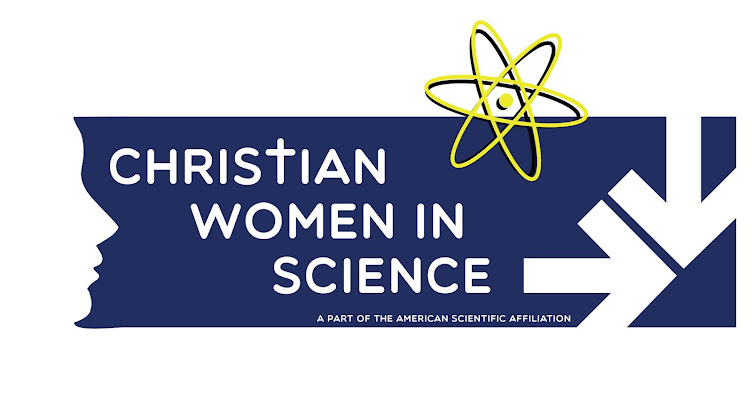The disease, called adrenoleukodystrophy (ALD) is an extremely rare degenerative disorder that affects about 1 in 20,000 people worldwide, virtually all of whom are boys. Boys with ALD are unable to make a protein that helps break down certain fatty acids, causing their nerve cells to die and neurological function to rapidly deteriorate.
In the new study, published online Oct. 4 in The New England Journal of Medicine, Eichler and his team treated 17 boys ages 17 or younger with a single dose of the experimental gene therapy. When the researchers followed up on the boys two years later, 15 were functioning without any major disability or progression of their disease. The other two had died, one from a worsening of the disease and the other from complications of a donor transplant he got after he withdrew from the study.
For the gene therapy, the children had their own stem cells harvested from their blood rather than bone marrow. Then, scientists used a unique tool to infuse the cells in a lab with the healthy ABCD1 gene: a lentivirus made from a disabled form of HIV. The lentivirus acts as a "vector," carrying and inserting the healthy gene into the stem cell DNA.
"These vectors are kind of like living medicines," said Dr. David Williams, the chief scientific officer at Boston Children's Hospital and the senior author of the study. Once in the body, these altered blood stem cells constantly regenerate to keep treating the patient's disease. The advantage of using disabled HIV over other viral carriers is that HIV actually delivers the healthy gene more safely, without apparently altering any neighboring DNA, Williams told Live Science.
Read more here.

No comments:
Post a Comment